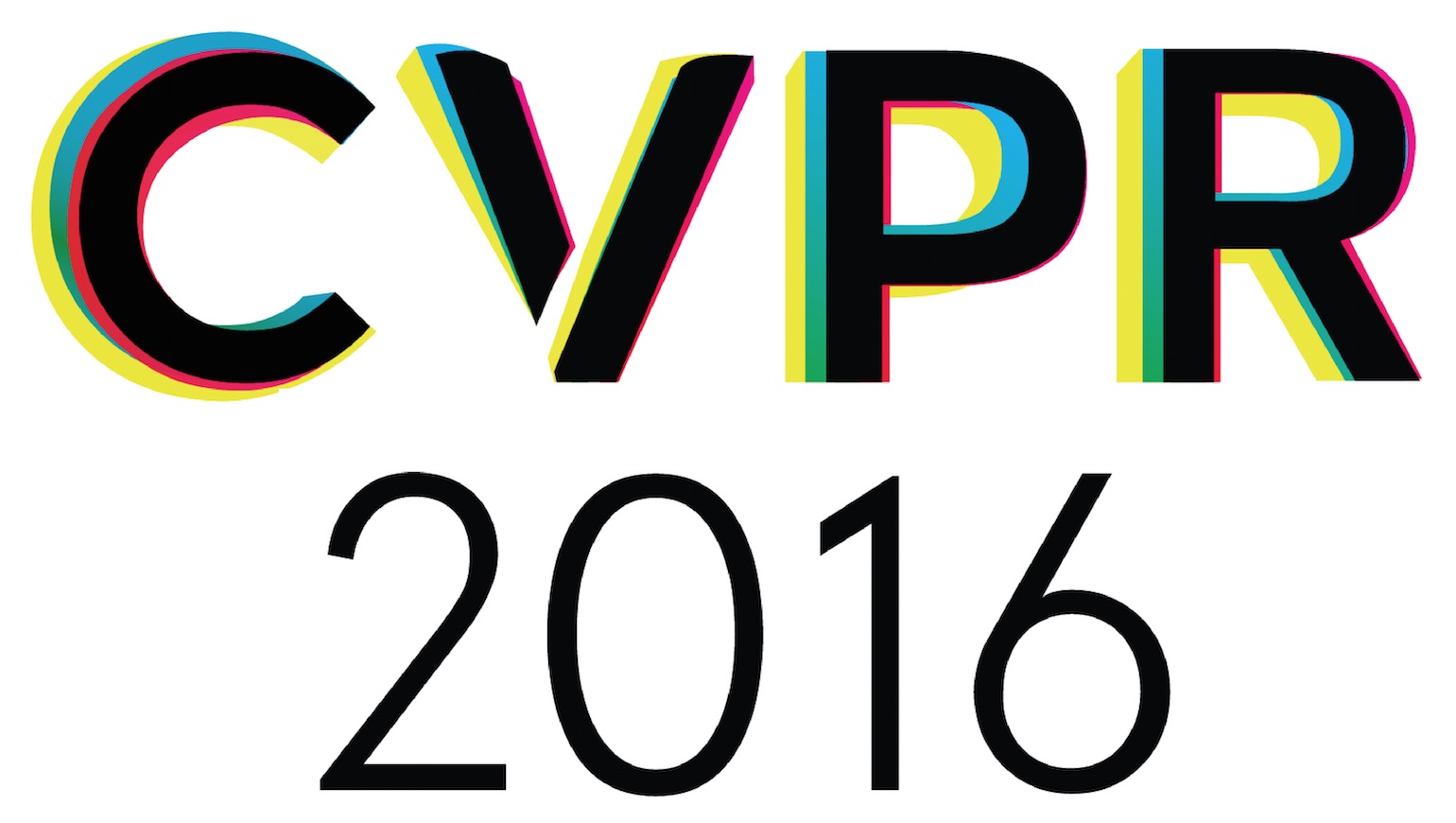-
On Benefits of Selection Diversity via Bilevel Exclusive Sparsity
AbstractSparse feature (dictionary) selection is critical for various tasks in computer vision, machine learning, and pattern recognition to avoid overfitting. While extensive research efforts have been conducted on feature selection using sparsity and group sparsity, we note that there has been a lack of development on applications where there is a particular preference on diversity. That is, the selected features are expected to come from different groups or categories. This diversity preference is motivated from many real-world applications such as advertisement recommendation, privacy image classification, and design of survey. In this paper, we proposed a general bilevel exclusive sparsity formulation to pursue the diversity by restricting the overall sparsity and the sparsity in each group. To solve the proposed formulation that is NP hard in general, a heuristic procedure is proposed. The main contributions in this paper include: 1) A linear convergence rate is established for the proposed algorithm; 2) The provided theoretical error bound improves the approaches such as L_1 norm and L_0 types methods which only use the overall sparsity and the quantitative benefits of using the diversity sparsity is provided. To the best of our knowledge, this is the first work to show the theoretical benefits of using the diversity sparsity; 3) Extensive empirical studies are provided to validate the proposed formulation, algorithm, and theory.
Related Material
[pdf] [supp][bibtex]@InProceedings{Yang_2016_CVPR,
author = {Yang, Haichuan and Huang, Yijun and Tran, Lam and Liu, Ji and Huang, Shuai},
title = {On Benefits of Selection Diversity via Bilevel Exclusive Sparsity},
booktitle = {Proceedings of the IEEE Conference on Computer Vision and Pattern Recognition (CVPR)},
month = {June},
year = {2016}
}
These CVPR 2016 papers are the Open Access versions, provided by the Computer Vision Foundation.
Except for the watermark, they are identical to the accepted versions; the final published version of the proceedings is available on IEEE Xplore.
Except for the watermark, they are identical to the accepted versions; the final published version of the proceedings is available on IEEE Xplore.
This material is presented to ensure timely dissemination of scholarly and technical work.
Copyright and all rights therein are retained by authors or by other copyright holders.
All persons copying this information are expected to adhere to the terms and constraints invoked by each author's copyright.

